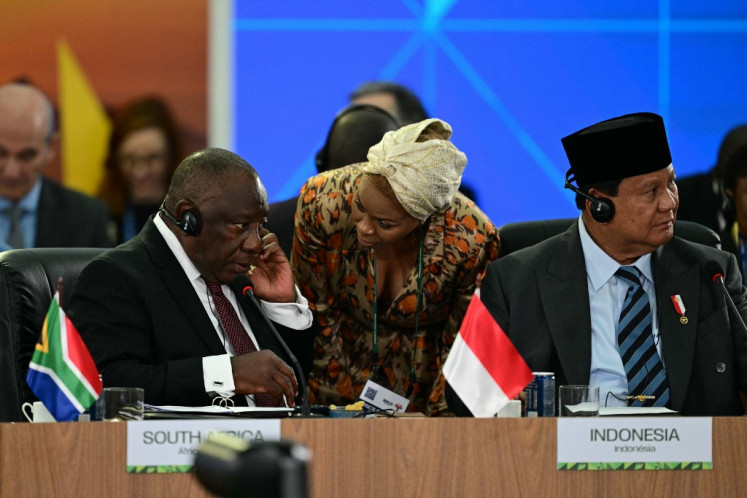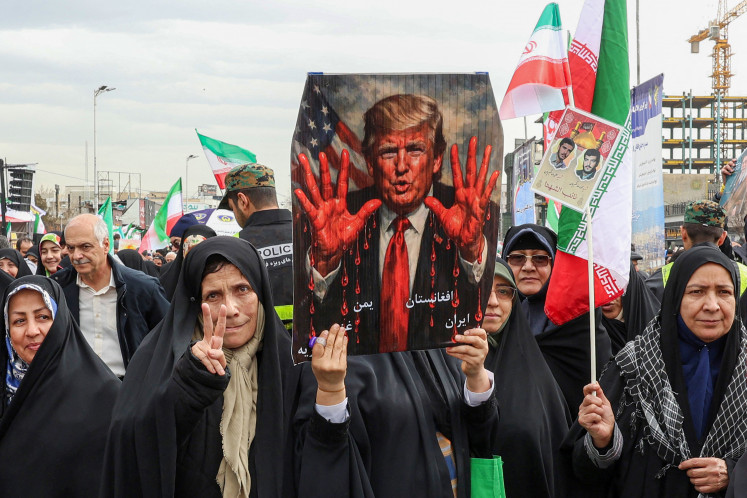Popular Reads
Top Results
Can't find what you're looking for?
View all search resultsPopular Reads
Top Results
Can't find what you're looking for?
View all search resultsTimor-Leste, Australia and Asia's contested maritime order
Timor Leste-Australia dispute and conciliation process offers salient lessons for contemporary maritime order.
Change text size
Gift Premium Articles
to Anyone
T
he Permanent Court of Arbitration, acting as a registry for a conciliation commission established under the UN Convention on the Law of the Sea (UNCLOS), announced on Sept. 1 that Timor-Leste and Australia have agreed on their maritime boundary delimitation. The “package” deal would also address the legal status of the Greater Sunrise gas field (and a special regime to manage it) as well as pathways to develop and share the resources.
Despite the resolution, the parties have yet to formalize the agreement and need to negotiate some remaining issues. All the details will remain confidential until then.
The dispute and conciliation process offers salient lessons for contemporary maritime order.
On the one hand, the conciliation process is unprecedented; this is the first time it has been activated in UNCLOS history. It also seems to be going against the regional trend. According to Massachussets Institute of Technology’s (MIT) Taylor Fravel, only 14 percent of 28 maritime boundary disputes in Asia have been completely resolved.
Dili and Canberra’s commitment to a peaceful resolution is thus commendable. But the complexity of the dispute should also caution us from aggressively pushing the narrative of a “rulesbased order” governing maritime Asia. As if it is always crystal-clear what the rules are and who has upheld or broken them and how.
In fact, the arrival of UNCLOS in 1994 further complicated the region’s patchy and overlapping maritime domain. While UNCLOS provides the framework for a peaceful resolution of maritime disputes, it does not predetermine the processes or results. Instead, it calls on the disputants to find an “equitable solution” themselves.
Consider some of the legal complexities surrounding the TimorAustralia case. Up until today, there has been no permanent maritime boundary between the two states. Timor-Leste is not a party to agreements made between Indonesia and Australia prior to its independence. Any subsequent Timor-Australia agreements since then have also been premised on the temporary suspension of delimitation talks to facilitate joint resource development.


















